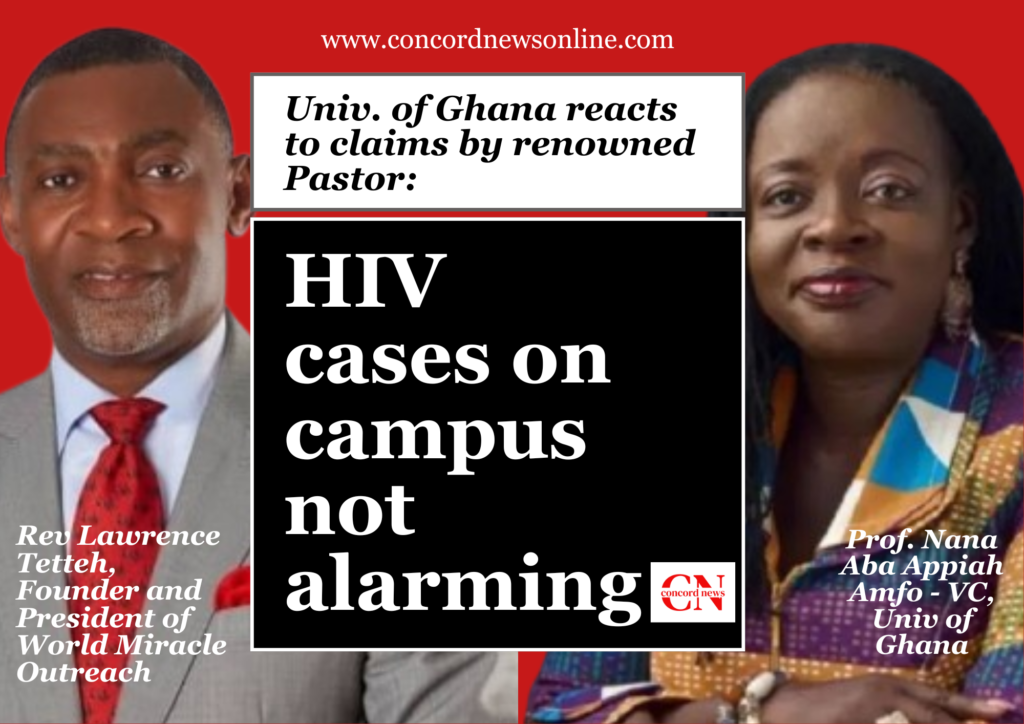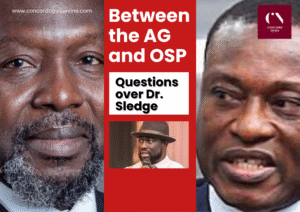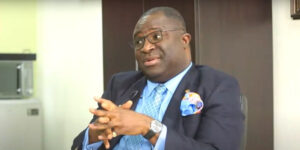
Story: Joyce Kpeglo
The Management of the University of Ghana has denounced reports attributed to renowned Pastor, Rev Lawrence Tetteh, claiming an alarming rate of HIV infection among students at the University.
In a recent interview on GTV’s Breakfast Show, Rev. Tetteh asserted, “The number of boys and girls in Legon who are HIV positive, you would have the biggest shock of your life. This is sad, this is sad and I’m happy I’m saying this on national TV.”
But in a statement dated October 24, the University of Ghana (UG) Legon demanded a formal apology and retraction of a statement made by Rev. Lawrence Tetteh, Founder and President of World Miracle Outreach, while strongly condemning his unfounded claims about the prevalence of HIV infections among UG students.
He went in to add that “Some of these young boys and young girls already on campus are livingC promiscuous lives and they have already contracted HIV/AIDS. These are people I have prayed for… and I’m not talking about 10 years, 5 years,” the pastor added.
The University, labeled Rev. Tetteh’s remarks as “unfounded, insensitive, and disappointing.” They emphasized that such claims, unsupported by scientific evidence, can perpetuate fear, stigma, and misinformation about HIV/AIDS. The statement indicated that “Public discussions around HIV/AIDS must be grounded in verified facts, not speculation.”
The stamment also demanded that Rev Tetteh formally apologizes and retract his statements. a The University went on to urge the public and media outlets to handle sensitive health topics with caution and to rely on credible information.
The University highlighted proactive initiatives to promote health and wellness, such as mandatory medical exams conducted by the University Health Services Directorate and confidential counseling services offered through the Careers and Counseling Directorate.
The Influence of Religious Leaders
Religious leaders wield significant influence in Ghanaian society, often shaping public opinion and behavior. While they play a crucial role in spiritual guidance and community development, their public statements carry weight and can have far-reaching consequences. In this instance, the comments made by Rev. Tetteh, a respected figure, could potentially reinforce negative stereotypes and hinder efforts to combat HIV/AIDS.
Ethical Considerations
Part of the comments made by Rev Lawrence ;‘ This is sad, this is sad and I’m happy I’m saying this on national TV.” and ‘These are people I have prayed for… and I’m not talking about 10 years, 5 years’ raises serious ethical questions. Is it ethically okay to say something that your members confided in you on national television? Thus even if it’s really true that you prayed for them. Why would you be happy about saying something ‘that is sad’ on national television?
While religious leaders may have insights and experiences, they are deemed by their members as ‘righteous’ and therefore must be ethically conscious in everything they say or do. It is indeed essential for public figures to prioritize ethics, accuracy and sensitivity, especially when discussing sensitive health issues.
Stigma and Misinformation
Ghana already grapples with significant stigma and misinformation surrounding HIV/AIDS. Such stigmatization can deter people from seeking testing and treatment, leading to further spread of the virus. It is imperative that influential individuals, including religious leaders, use their platforms to promote awareness, empathy, and understanding, rather than contributing to fear and discrimination.
By fostering open dialogue and promoting evidence-based information, the stigma around HIV/AIDS can be reduced thereby creating a more supportive environment for people living with the virus.






